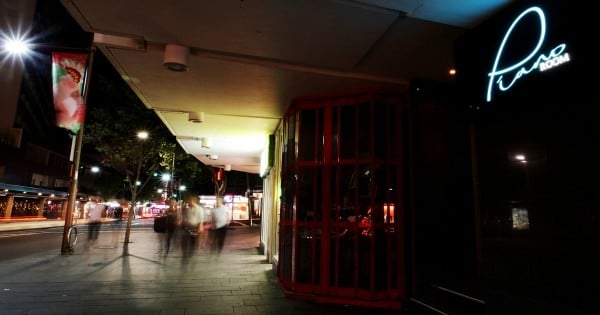
Is Sydney a ghost town? An international joke?
Will the last person in Sydney turn out the lights?
A blistering tirade by entrepreneur Matt Barrie about the dire state of Sydney after the introduction of lock out laws has gone viral, prompting a city-wide debate on whether the lock-out laws have changed Sydney from a vibrant, international city into a waste land.
Titled “Would The Last Person in Sydney Please Turn The Lights Out”, the 8400-word LinkedIn feature by the head of Freelancer.com has had more than 700,000 readers and is the most-read on Sydney’s Reddit site.


Top Comments
I didn't realise Kings Cross had a soul!
I suppose it's lost its soul for all those who keep unconventional hours and used to go to the Cross to party or relax. It's sad for them, they have lost part of their freedom.
But to what end and at what cost to society, as Senator Fulde points out, do we accept that a small number of people are creating such carnage to themselves and to others because they can't handle personal responsibility?
In the end, the small few always manage to spoil it for the majority anyway.